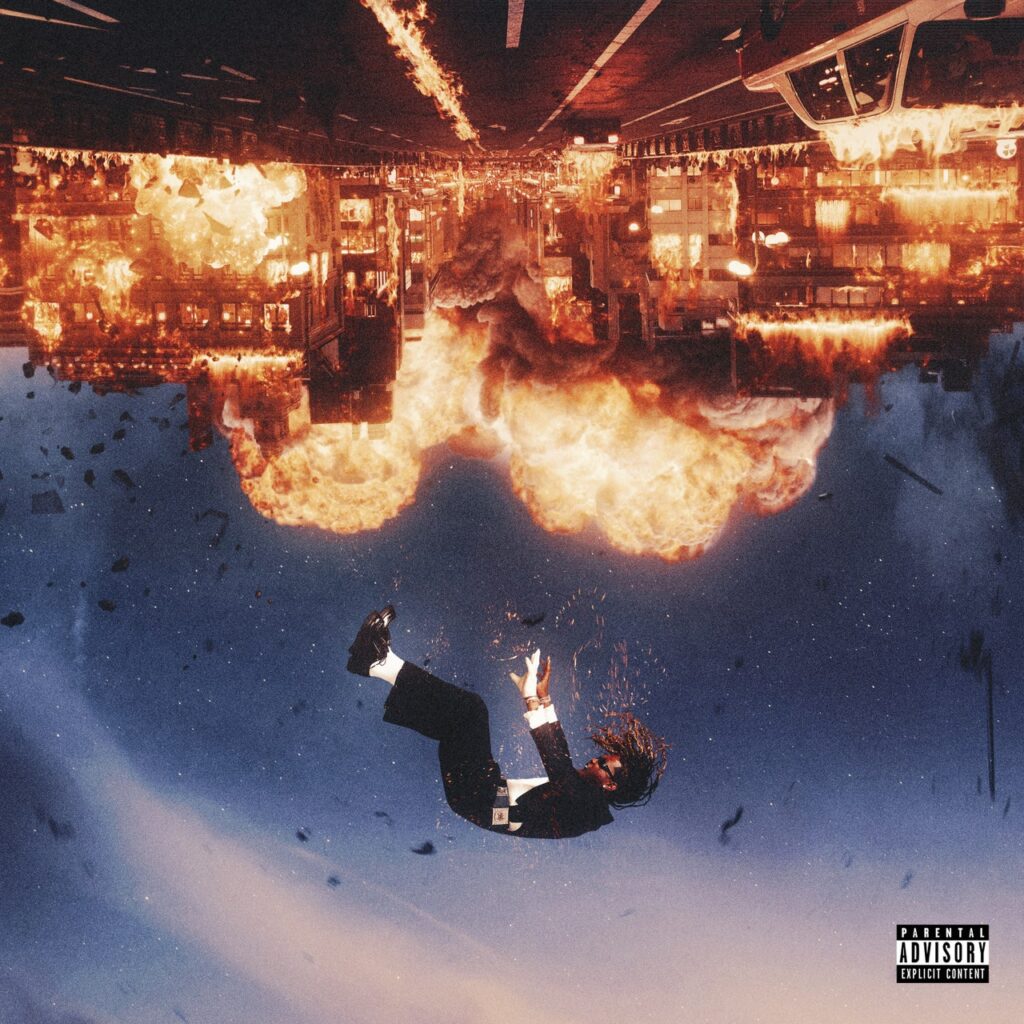Offset was always the black sheep of Migos. The Atlanta rapper was in jail at critical moments during the group’s rise, and before their blockbuster album Culture, he rarely handled hooks or opening verses. “Lost everything I had like Solomon,” he reflected on 2015’s “First Day Out,” and his music has never shaken that desperation for redemption. He raps like an athlete who was benched by an injury during a championship run, determined to make up for his absence and prove his talent. So on his solo debut Father of 4, he distinguished his music from Migos’ by ballasting the group’s gaudy and ecstatic swag rap with wounded soul-searching.
For his second solo effort, Offset attempts to lean further into his de facto pariah status. “I’m Michael, I’m not no Jermaine,” he says on single “Jealousy,” signaling a grand transformation with nods to the king of pop’s Off the Wall era. Hammering home the point, he rocks Jackson’s “Smooth Criminal” and “Thriller” costumes in the video for “Fan,” and he bears a single white glove on the album cover. In Jackson, he sees a blueprint for reinvention. “I just feel like Michael felt: wanting more creatively, challenging myself to be a better and bigger artist, and to leave the old stuff in the past,” he told Sharp.
In theory, such a reset is needed. By the time Migos released Culture III, they were approaching music like a legacy act, clinging to old flows and familiar concepts. Few surprises or delights lurked inside that record’s litanies of luxury goods and twisted syllables, and the guests frequently outshined the monotonous hosts. Even before last year’s fatal shooting of Takeoff forever changed the future of the group, Quavo and Takeoff’s decision to form a separate duo—one that largely stuck to the Migos formula—put pressure on Offset to succeed on his own. But despite his overtures to rebirth and new horizons, he remains a creature of habit.
On a technical level, Offset is in rare form. He’s a finesser who can strut, slide, and stutter-step across virtually any beat, a versatility that is foregrounded when he’s alone. These songs never feel as busy as Migos songs, even when Offset is constantly switching direction, as on the flow clinic “Big Dawg.” But there’s a glaring lack of purpose and personality to the songwriting. Offset spends the record narrating a life of decadence, fashioning himself as an A-list star with deep pockets, exquisite tastes, and a legion of paramours—subjects that are all Migos mainstays. While bits of charisma and vulnerability occasionally filter in, as on “Say My Grace” when he mourns Takeoff and his grandmother, these moments are overwhelmed by constant mentions of G6 flights, Chanel, and diamonds clear as water that would make for a punishing drinking game. Offset was by no means an open book on Father of 4, but the intimate theme gave his songwriting and performances direction. The concept here is essentially, I rap by myself now.
Offset’s not a bore, so his agility and the range of sounds keep the album somewhat pleasurable. To avoid retreading the gilded trap of Migos and the brooding laments of his first album, he went beyond core collaborators like Southside and Metro Boomin, who both contribute just one song. The rest are sourced from stalwarts like Wheezy and Boi-1da, and less marquee names like Aaron Bow and Offset himself, all of whom offer idiosyncratic takes on melodic rap. Thick basslines and bits of Delta blues (“On the River”), Memphis horrorcore (“Hop Out The Van”) and gangsta rap (“Jealousy,” “Fan”), and spacey trap (“Buss My Watch”) create a mood of joyful darkness. A sense of villainous liberation guides the motion: “Night vision, I can see the opps when they hidin’,” Offset raps like a lion waiting in ambush.
But the album ultimately feels like a status update, never really probing or conveying why freedom is so important to Offset. Though lines like “I would be lying if I say I ain’t miss the three” and “I’m better on my own,” suggest ongoing anguish over the end of Migos and his strained relationship with Quality Control, the music doesn’t develop those feelings. If he were more of a dramatist, brooding penultimate track “Upside Down,” where he gushes in Auto-Tune about feeling his world is topsy-turvy, might have flipped all the preceding exuberance and flexing on its head. But instead, all he offers is flat repetition of the title. Sound familiar?
All products featured on Pitchfork are independently selected by our editors. However, when you buy something through our retail links, we may earn an affiliate commission.

